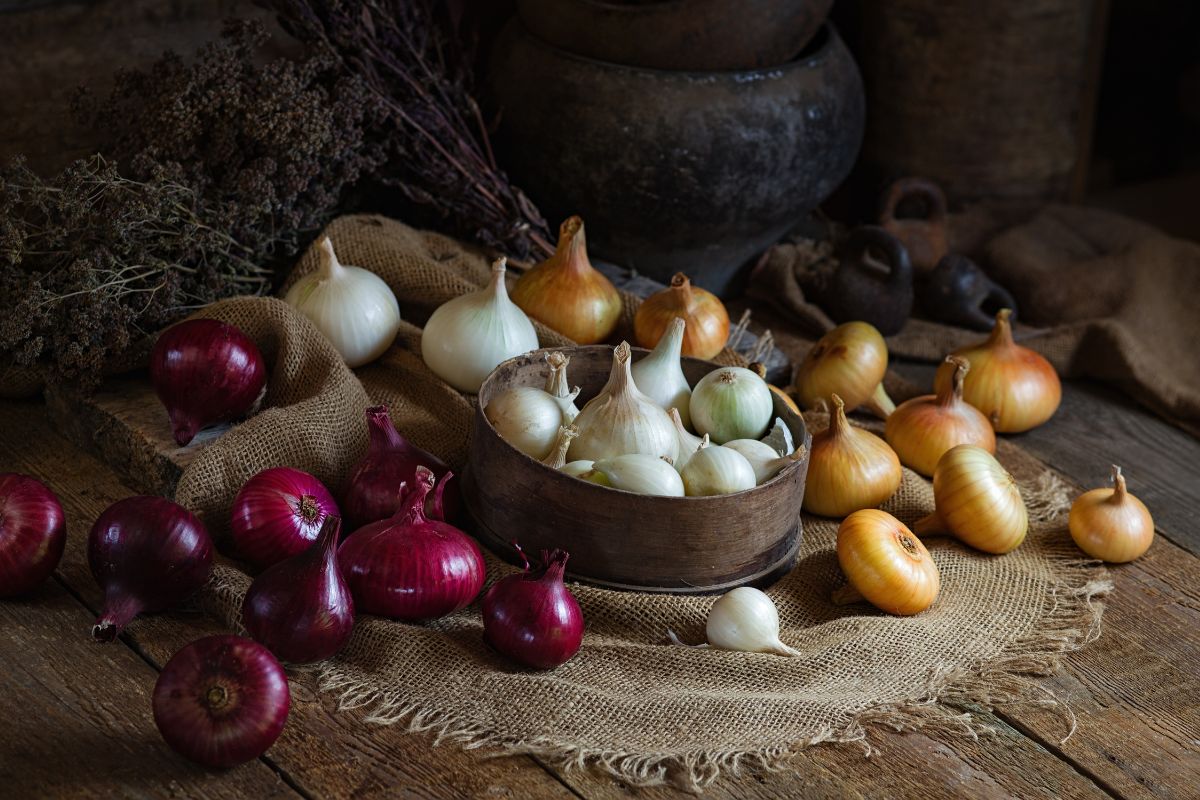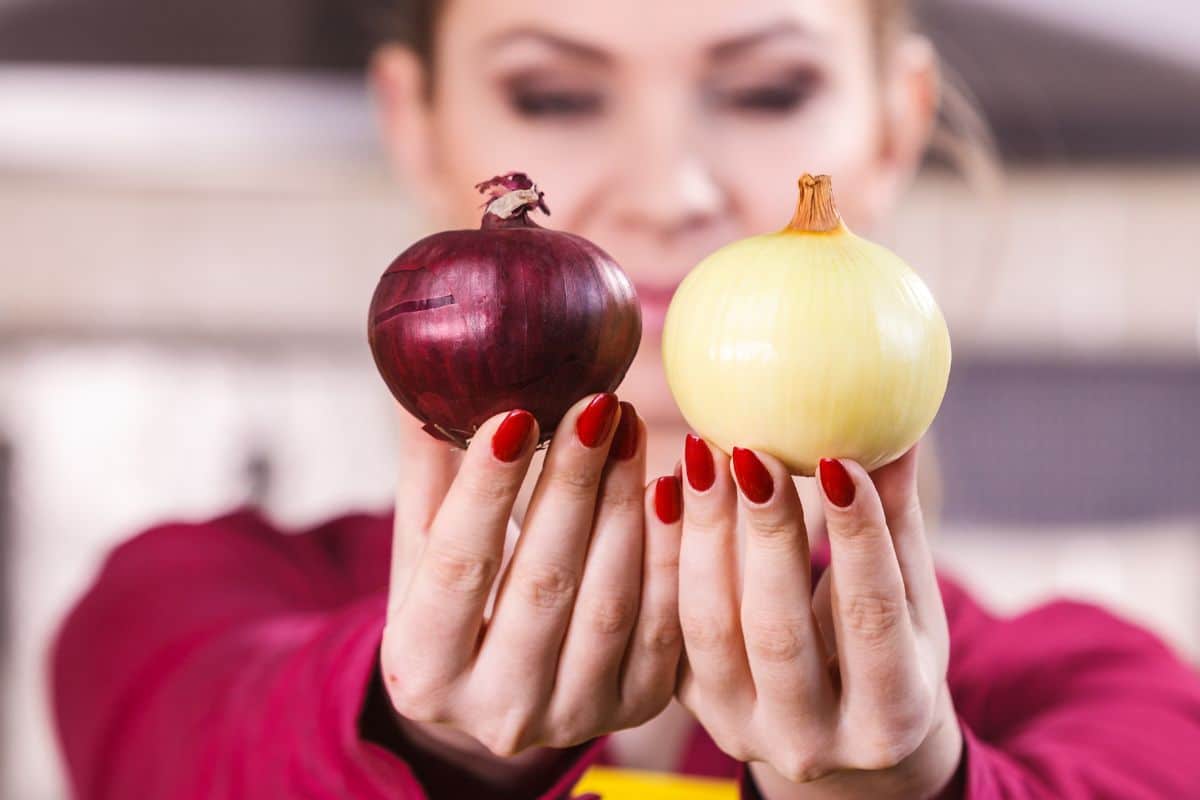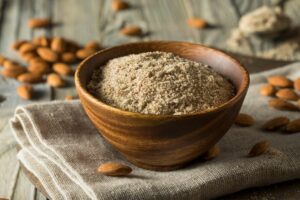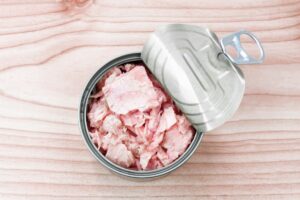Onions are one of the most versatile and widely used vegetables around. Chances are, you have a load of them sitting somewhere in your house, just waiting to be used in your next meal!

Common as they are, many people don’t know a lot about storing onions and the telltale signs that they are going bad! Since food safety is something we should all take seriously (no one likes getting food poisoning), this is something that everyone needs to be aware of.
Here, we will be going through everything you need to know about storing onions and how to tell if they have gone bad. We will be covering a variety of onions here since different types require different treatments!
If you want to learn about how you should be treating your onions, keep reading. We will cover everything you need to know, so you will be an onion expert by the end of it.
How Long Do Onions Last?
The long and short of it is this: everything lasts longer when you keep it in the refrigerator.
Regular white onions and red onions will usually keep for anywhere between 2–4 weeks in the pantry and 3 or more months in the refrigerator. Sweet onions will last between 4–7 days in the pantry and 2–4 weeks in the fridge.
Onions that have been chopped up or sliced should not be kept in the pantry at all. Rather, they should only be kept in an airtight container in the refrigerator. There, it should last between 4–7 days, giving you plenty of time to use it in your next dish!
It is important to note that no matter where you store your onions, they should always be in a spot with good airflow. This will prevent mold from taking hold, and your onions will last longer.
Whole “Regular” And Red Onions
Fresh, whole onions can be stored in the pantry for up to four weeks without an issue in most cases. However, if you choose to keep them in the fridge (we all know the pain of finding space in our fridge, don’t worry), you could extend this time to an impressive three or more months!
So, the fridge is a particularly good option for anyone who doesn’t use onions quickly enough to work through them all to warrant keeping them in the pantry.
This applies to the majority of onions, and you can expect to treat “regular” and red onions the same. The only difference between the two is that they are usually used differently in cooking, but you can store them the same!
Chopped Onions
When it comes to chopped onions, they need to be stored in the fridge no matter what type they are. It doesn’t matter how they are chopped! You need to ensure that they are kept in an airtight container or bag (freezer bags are great) and kept in the right conditions.
Keeping your onions airtight is especially important because you do not want an onion smell seeping into everything else in your fridge. Similarly, you don’t want all the other smells of your fridge seeping into your onions.
Bear this in mind when you are doing any kind of prep for the week ahead. Try to only do prep up to four days in advance if you are preparing onions, or else all that work will go to waste.
Sweet Onions
Unfortunately, sweet onions have a much shorter shelf life compared to regular and red onions. Even when whole, sweet onions have a relatively short shelf life of just up to a week when they are kept in the pantry.
This is extended when refrigerated, but not to the same extent as the other onion types (up to four weeks in total).
These differences are all thanks to the decreased pyruvic acid in these onions. Although these onions are sold along with the other onions in the grocery store, you should ideally refrigerate them as soon as you get home.
Bear in mind that these numbers are only estimates, and your onions could last longer (and also shorter). It all comes down to storage, the quality of the onions, and a variety of other factors.

What Determines How Long Your Onions Will Last For?
Besides the storage conditions, there are a number of things that could determine how long your onions end up lasting. Let’s take a look at these factors below:
- The type of onion – some onions simply keep better than others, as the information above suggests. Sweet onions will not last as long as “regular” and red onions due to the decreased pyruvic acid in the vegetables. Some cultivars naturally keep better than others, but you typically have little to no choice in this regard as onions are usually simply labeled as “onions”
- The climate you live in – the climate that you live in will play a huge role in how long your onions will keep, especially if you are choosing to store them in a pantry or somewhere similar. The hotter and more humid the climate, the shorter the onion’s life will be. This factor is negated if you store your onions in the refrigerator.
- The quality of the onion when you buy it – of course, if you purchase onions that are already on their way out, then they are not going to last long. As such, it is important to get onions that are fresh and good-quality when you are picking them out at the store. Bear in mind that this is impossible to do if you do your grocery shopping online!
Picking The Perfect Onions At the Store
With the above being said – how exactly do you pick out the perfect onions at the store? Truth is, this is a lot easier than you might think, so just follow the below guidelines:
- It needs to be firm with no soft patches or spots on the onion
- The onion should be mold-free and free of any rotting spots
- Soil or dirt is not a big issue as you can easily wash the onion if you intend to use it immediately. Never wash an onion if you intend to store it!
- The onion skin should be papery and dry
- No sour or fermented smells. The onion should have a mild oniony smell if it is whole, but not be overpowering (unless you have a very sensitive nose)!
Signs That Your Onions Have Gone Bad
There are a couple of things that you can look out for if you would like to determine if your onions have gone bad or not. Just take a look at the following, and see if your onions fit the criteria to be past their use:
- Mold or rot – this is usually very apparent from the get-go. You will notice white, gray, green, or black on the surface of the onion.
- Discoloration – discoloration can include brown marks and bruising or rot, and they are all a sign that the onion is past its prime.
- It has a bad smell – whole, fresh onions usually have a relatively mild smell, so you know when they go off. The aroma should not be sharp or unpleasant, and it shouldn’t smell “funny”.
- Slimy, mushy, or soft – these are all signs of water loss and suggest that the onion is way past its prime. It is better to discard an onion that is showing these signs, as you will not have a pleasant experience with it.
How Should You Store Onions?
Storing your onions will differ depending on whether they are whole or chopped, so always consider this before you start making plans!
Whole Onions
Whole onions (no matter the type) should be stored in a cool, dry place where there is good airflow. There should be no sources of heat nearby (avoid spots close to the oven), and there should be no moisture to shorten the shelf life.
Never wash your onions before you store them. The moisture will only cut their life in half, and they will go bad in no time.
You should also avoid storing them in plastic bags or anything else that will prevent airflow (including stacking them on top of each other).
Chopped Onions
Onions that have been cut up should be kept in an airtight container or a freezer bag in the fridge. This will prevent them from absorbing or losing moisture to their environment. It will also prevent the onions from stinking up anything else in the fridge.
Final Thoughts
Whole regular and red onions will keep for three or more months while refrigerated, and up to four weeks in the pantry. Sweet onions will only stay good in the pantry for around a week, and up to four weeks in a refrigerator.
Chopped onions should always be refrigerated and kept in an airtight container or freezer bag. There, they will last up to a week, so you have plenty of time to use them.







